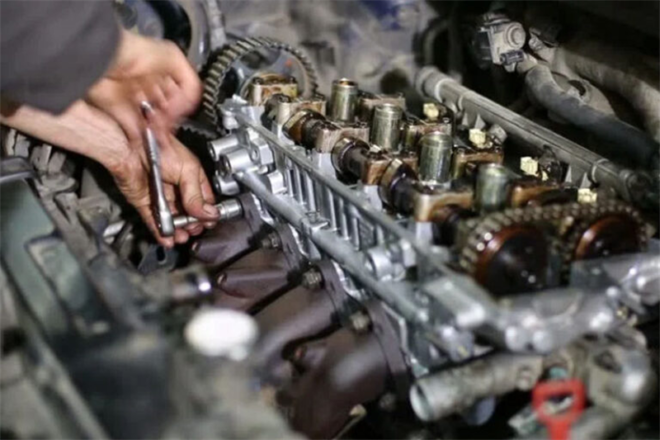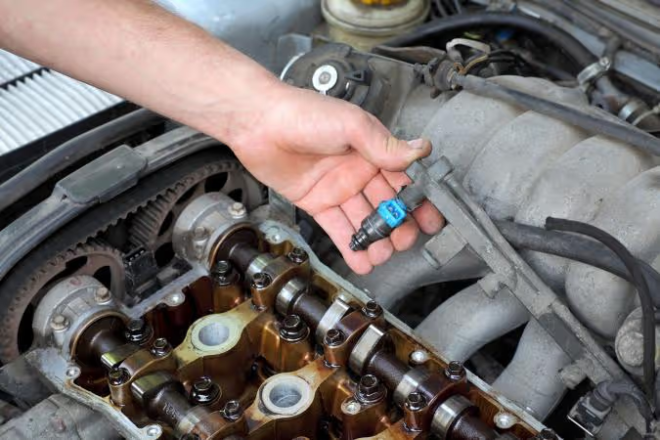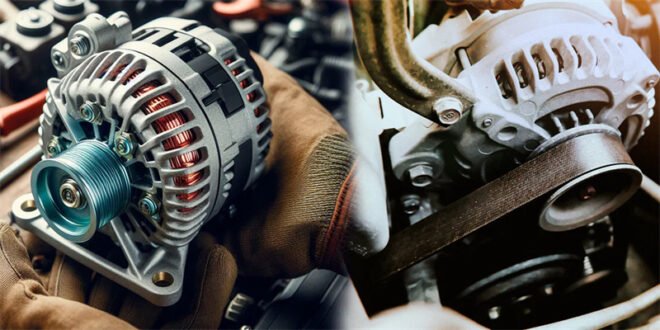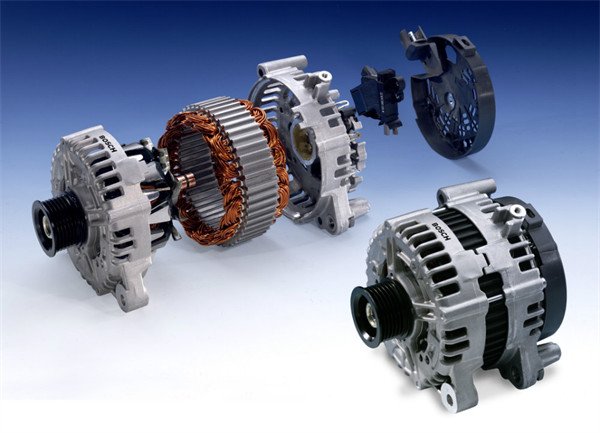In the world of industrial engineering, construction, and manufacturing, the hydraulic motor plays a pivotal role. Known for converting hydraulic energy into mechanical power, the hydraulic motor is the backbone of heavy-duty machinery across various sectors.
What Is a Hydraulic Motor?
A hydraulic motor is a mechanical actuator that uses pressurized fluid to create motion and force. Essentially, it transforms hydraulic energy into rotational mechanical energy, powering everything from construction equipment to manufacturing machines.
Types of Hydraulic Motors
There are several types of hydraulic motors, each suited for different industrial needs:
1. Gear Motors
Compact and simple in design, gear motors are known for their durability and reliability in continuous-duty operations.
2. Vane Motors
These motors provide consistent torque and are ideal for applications requiring smooth, steady motion.
3. Piston Motors
Offering high efficiency and power density, piston motors are often used in high-pressure industrial applications.
How Does a Hydraulic Motor Work?
The working principle of a hydraulic motor is based on fluid pressure. When pressurized hydraulic fluid enters the motor, it applies force to a rotating component, like gears or pistons, which then generates torque and rotational motion.
Applications of Hydraulic Motors
The versatility of a hydraulic motor makes it essential in various industries:
1. Construction Equipment
Hydraulic motors are commonly found in excavators, cranes, and loaders, providing powerful and reliable motion.
2. Industrial Machinery
Manufacturing plants use hydraulic motors for conveyor belts, mixers, and presses, thanks to their durability and precision.
3. Agricultural Equipment
They power harvesters, tractors, and irrigation systems, ensuring efficient farming operations.
4. Marine Applications
Hydraulic motors are used in winches and steering systems for boats and ships.
Benefits of Using a Hydraulic Motor
Choosing a hydraulic motor comes with several advantages:
- High Power Density: Delivers substantial force in compact machinery.
- Durability: Ideal for tough industrial environments.
- Efficiency: Converts energy with minimal loss.
- Precise Control: Allows for smooth and accurate motion.
Maintenance Tips for Hydraulic Motors
Proper care ensures the longevity of your hydraulic motor:
- Regularly check fluid levels and quality
- Inspect for leaks
- Clean filters and replace when necessary
- Monitor pressure and temperature during operation

Final Thoughts
A hydraulic motor is an essential component in many industrial and commercial applications. Known for their power, efficiency, and reliability, these motors help drive machinery that keeps industries moving forward. Investing in a quality hydraulic motor ensures consistent performance and long-term productivity.




